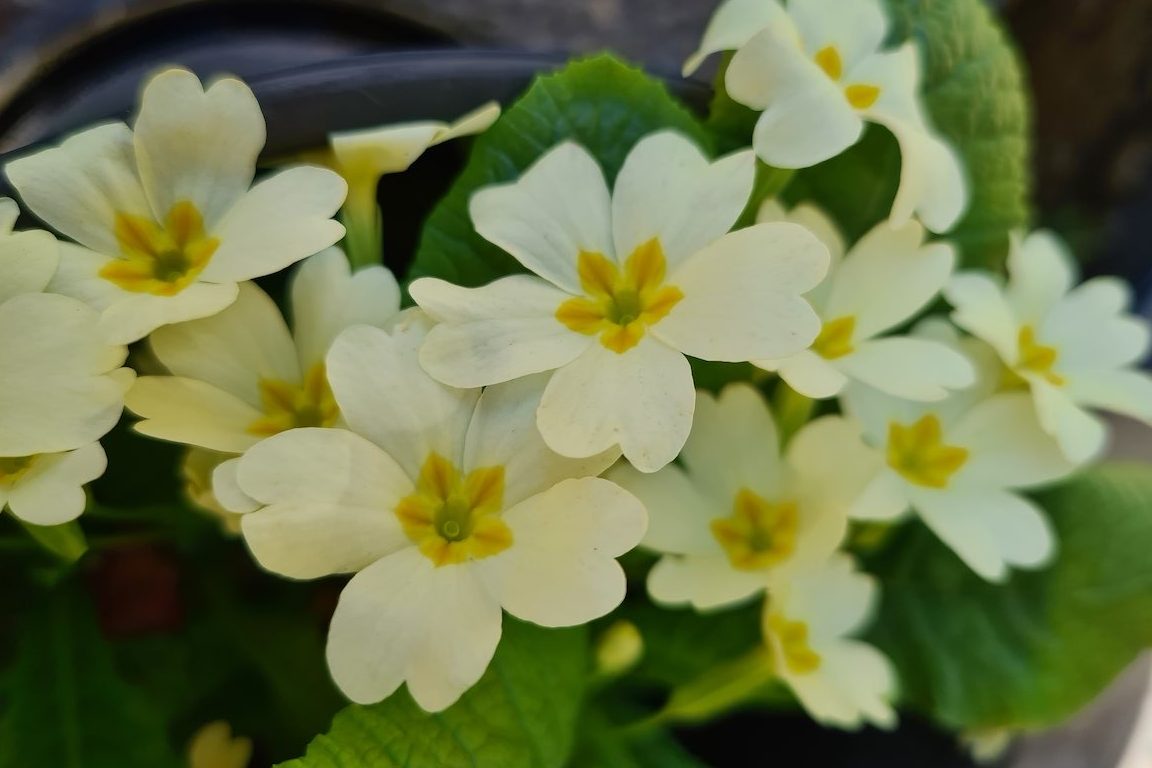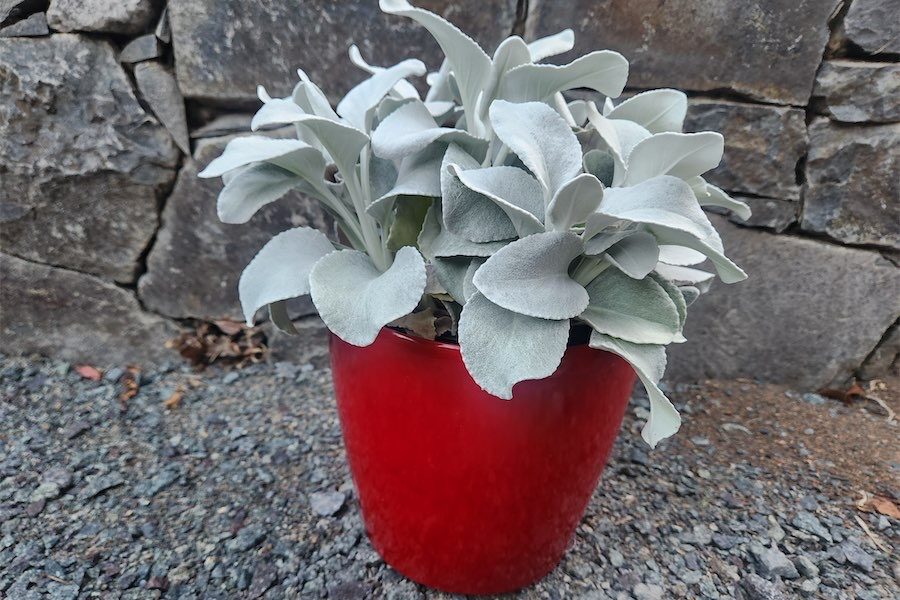
Bramble berries can be pruned back any time in winter as the foliage and fruit have finished and they are dormant, writes gardening columnist JACKIE WARBURTON.

Bramble berries are fruits such as raspberries and blackberries and are thorny, prickly and hard to handle. Thick gloves are best when handling them.
There are two main types of raspberries, those that fruit in summer and autumn-fruiting ones.
Summer-fruiting raspberries such as Willamette and Chilcotin produce one big glut in summer. One cane takes two years to flower and fruit. The canes that have fruited should be cut out at ground level and the primocanes, the ones that are yet to fruit, tied to a wire frame until the following year.
If the floricanes (flowering canes) are too long for the frame, they can be cut or trained horizontally along a wire to produce more fruit.
Autumn-fruiting raspberries such as Heritage and Autumn Bliss will fruit twice, once in autumn and, to a lesser extent, in summer then die. All the canes should be pruned to the ground after all the fruit has been harvested.
Feed raspberries with lots of organic compost, keep the pH acidic and the soil weed free, and the canes will reshoot in spring.
Bramble berries, which sucker easily, can be hard to contain in a garden bed. In a pot, the yield can be reduced and will need a lot of care to grow well.
The best berries are handpicked while still warm and when there is a glut. Put in the freezer for smoothies and desserts.
If spines on the brambles are too much to handle, there is a thornless blackberry worth trying. It’s a vigorous grower and will produce large, glossy, black fruit in summer.
All berries need a good drip system in the summer to keep them fruiting. Keep foliage on the vines to protect the berries from the hot, summer afternoon sun.

THE common primrose (primula vulgaris) can provide colour and fragrance on a patio as well as potted colour in winter.
Once established, they need little care. They also successfully grow as an understory plant.
They like moist, rich, good-quality soil with good moisture retention and feeding regularly with compost.
Most primulas like morning sun and some species such as polyanthus can tolerate more sun than others.
The vivid flowers are cheerful and bright and come in many colours, including cobalt blue with zebra-striped petals and they are long flowering and scented.
Technically a perennial, some are grown as annuals and, to keep them flowering, feed them with a weak solution of potash or tomato fertiliser every few weeks and discard old blooms to avoid any rotting in the crown of the plant.
Polyanthus, which look very much like primroses, can be sown in late summer to mid-autumn. For best result, sprinkle seed on to seed-raising mix in punnets or small containers and keep moist. The seed will take around three to four weeks to germinate. Seaweed solution gets them growing fast.
Snails and slugs can be a problem and traps can be put out or sprinkle diatomaceous earth if there is a lot of damage. Planted en masse is a low-cost, long-lasting winter display in a pot or in the garden.
Jottings
- Pick lemons as they ripen and don’t get frost bitten.
- Sow seeds of shallots and transplant peas.
- Continue to replenish soils with manures and compost.
- Check the lawn for low light areas and moss growing on cold ground.
Who can be trusted?
In a world of spin and confusion, there’s never been a more important time to support independent journalism in Canberra.
If you trust our work online and want to enforce the power of independent voices, I invite you to make a small contribution.
Every dollar of support is invested back into our journalism to help keep citynews.com.au strong and free.
Thank you,
Ian Meikle, editor





Leave a Reply